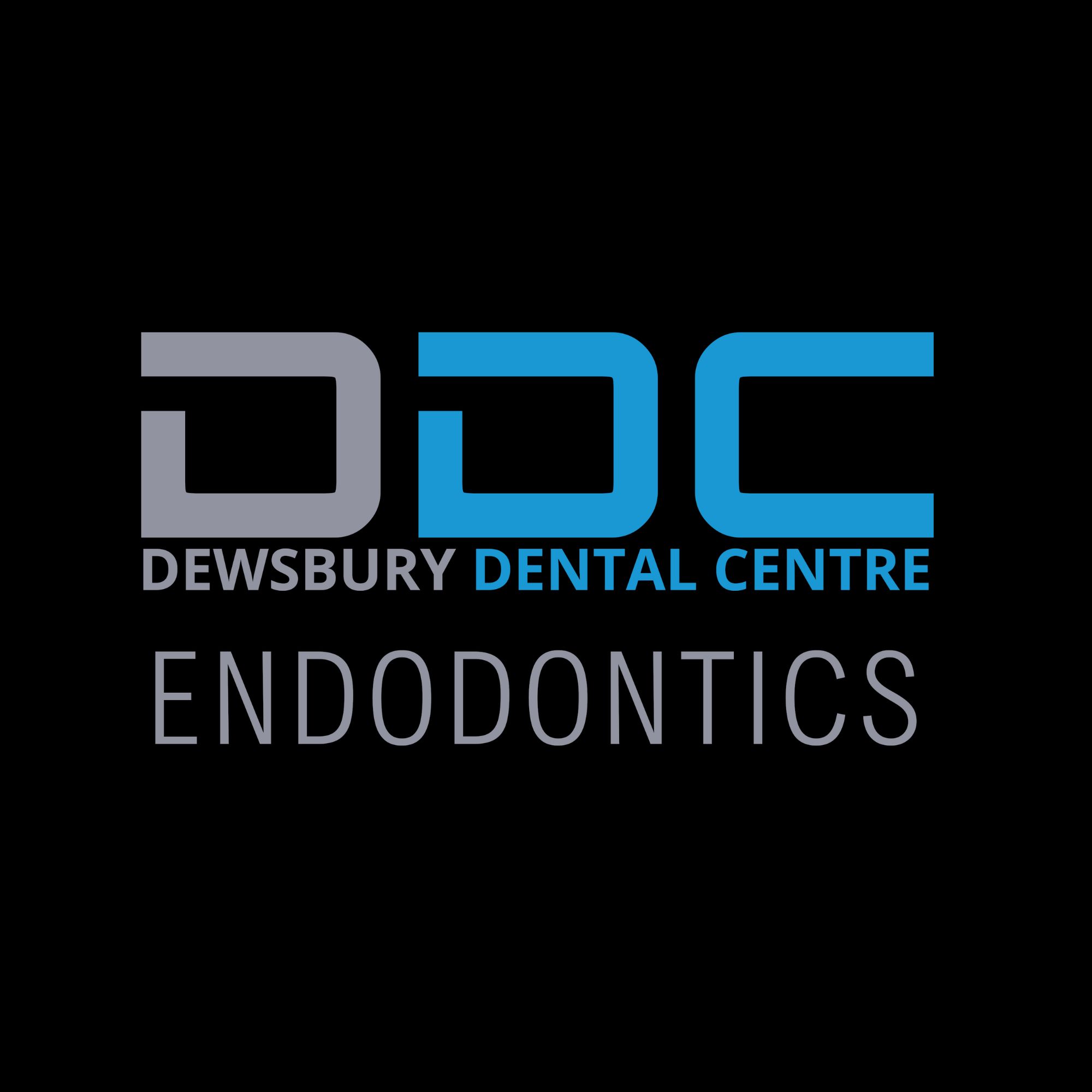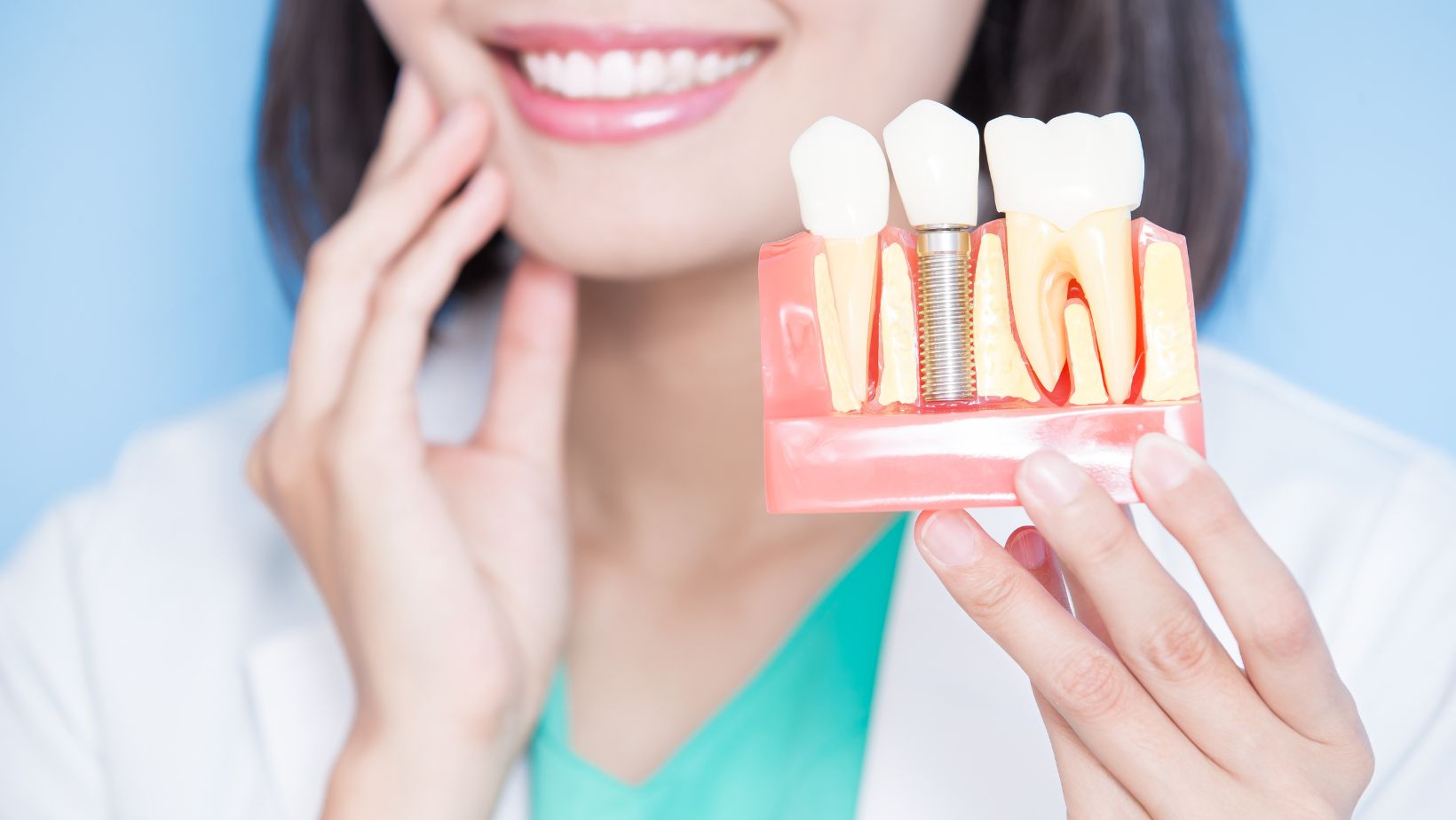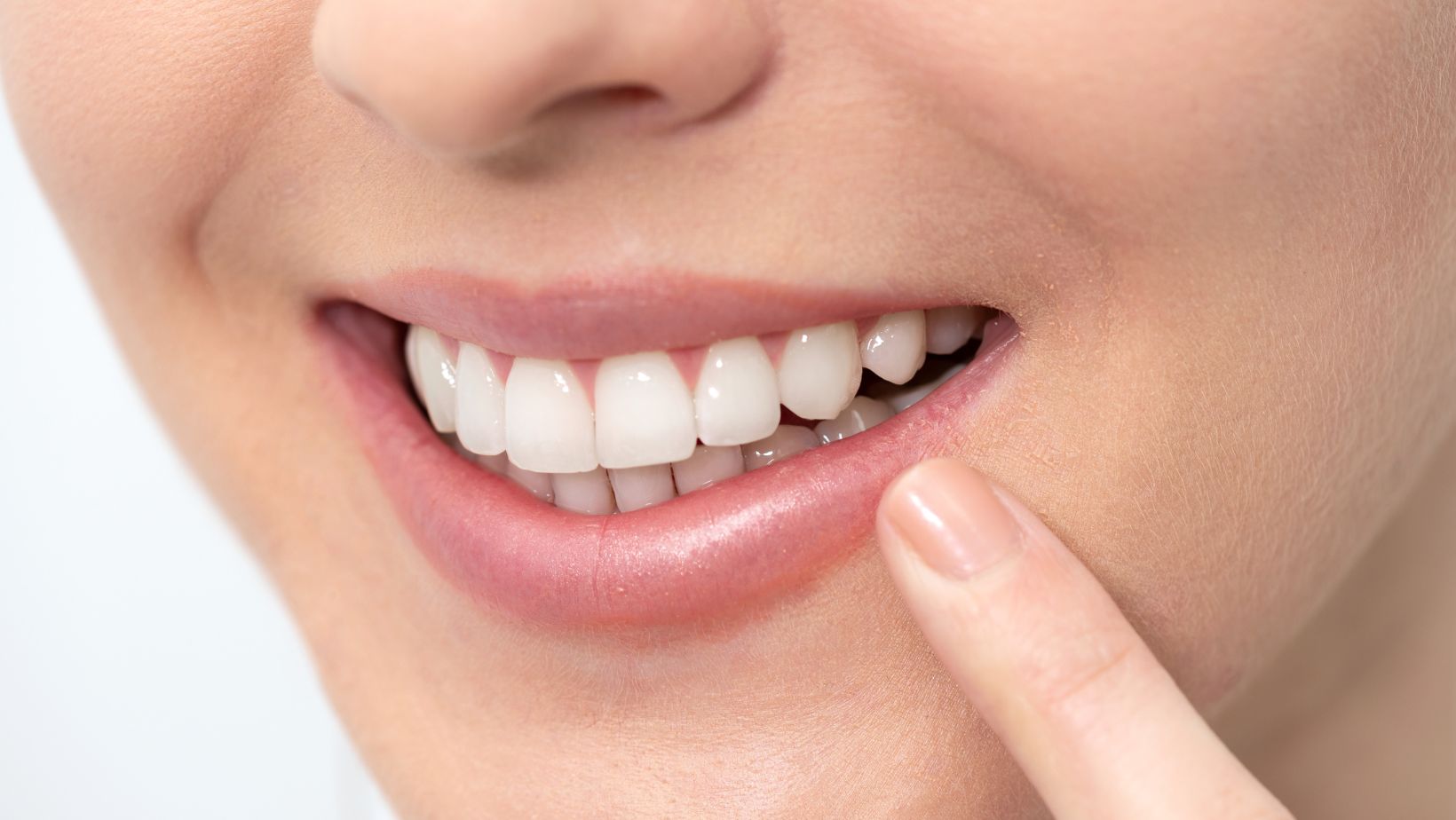Implants
Dental implants offer a life-changing solution for those dealing with missing teeth, providing not only aesthetic benefits but also improving oral health and quality of life. If you’re ready to transform your smile and regain your confidence, schedule a consultation with our experienced team today. Say hello to a brighter, more radiant smile with dental implants!











